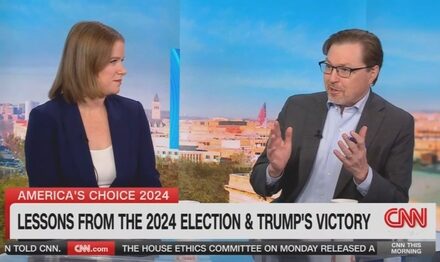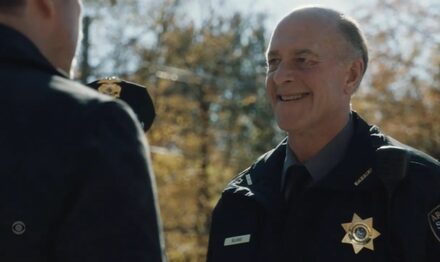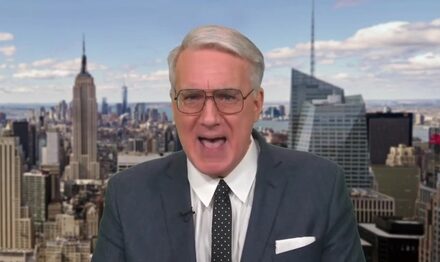We support our Publishers and Content Creators. You can view this story on their website by CLICKING HERE.
After over six hours, Day One of the $1 billion defamation trial against CNN wrapped with a successful construction of the jury that would be hearing the case over the next two weeks in Panama City, Florida. Made up of six jurors and two alternatives, the jury is a mix of six women and two men. At one time, one of them worked at an ABC News affiliate and another who works as a military contractor with the Department of Defense; both occupations have ties to this case.
The pool of prospective jurors was over 40-people strong; several of which were openly hostile and disapproving of the news media industry and weren’t shy about letting CNN’s legal team know it.
Jury selection started hot with prospective Juror One telling the court that he would not be able to be impartial in the case because they strongly disliked the media.
Prospective Juror Two told the court that despite being a former employee for an ABC News affiliate, they could be an impartial juror. When asked by Vel Freedman, lead counsel for Navy veteran and Plaintiff Zachary Young, if they’d hesitate to issue a massive punitive damages judgement to “send a message” to CNN, no one raised their hand, including juror two.
When asked directly by Freedman, Juror Two said they “absolutely” could send a message to CNN and the rest of the media via a massive punitive damages judgement.
Prospective Juror 21 told the court that they currently worked as a military contractor with the Department of Defense.
When it came to questions asked by Young’s counsel and CNN’s counsel Clifford Sanborn that alluded to key aspects of the case, the pool was largely in agreement.
When asked by Freedman if they thought it was “wrong” to “make money from evacuating people from a war zone,” only two prospective jurors raised their hands. Others wanted clarification. One of the prospective jurors who raised their hand felt the motives of the corporation paying for the evacuation was the greater concern. They thought it was fine for a security contractor to make money because that’s the job they were hired to do.
When asked “does anyone think the United States handled the withdrawal from Afghanistan well,” no one raised their hand. One juror said it’s hard for them to determine because they don’t have all the facts.
When asked “if evidence supported it, would they hesitate to write a $100 million check to the plaintiff,” no one raised their hand. One juror did express concern about excessive judgements in court cases, but they said they could be fair.
Of the prospective jurors who were not selected, Juror Four and Juror Five each made a point to say they didn’t specifically watch CNN. Juror Five said that they preferred to watch Newsmax and that CNN’s reporting didn’t sit well with them.
Prospective Juror 23 was arguably the most blunt with their distaste for the media. He told the court then couldn’t be impartial because he holds the opinion that “media outlets think they can say whatever they want” and then “pretend to be the victim when they’re called on it.”
When Sanborn asked the jurors if they had ever heard CNN be accused of spreading fake news, from the perspective of this author, about 6-7 prospective jurors raised their hands, many of those also raised their hand to indicate they wouldn’t let that sway them. And when Sanborn asked whether they believed CNN’s political coverage was biased, enough showed receptive to the notion that Sanborn had to tell them that the case didn’t involve politics.
A sizable swath of the pool was likely ruled out because several of them knew each other in some way; whether knowing them directly or sending their kids to the same school were common examples in those instances.
Elsewhere in Day One, CNN was still trying to hide facts from the jury by wanting the court to keep the jury from hearing previous rulings by the court that Young had done nothing criminal or illegal.
Opening arguments will commence on Day Two.

 Conservative
Conservative  Search
Search Trending
Trending Current News
Current News 





